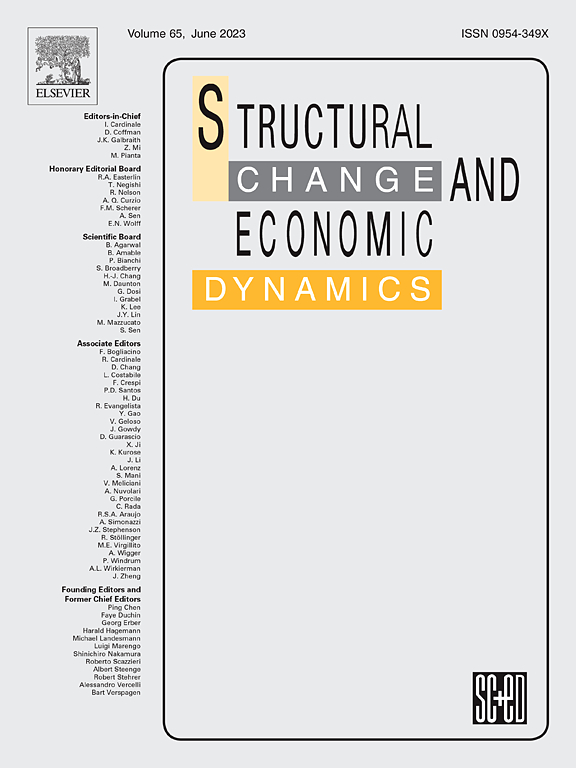Uncertainty and household consumption in developing countries
IF 5
2区 经济学
Q1 ECONOMICS
引用次数: 0
Abstract
This study analyses the effect of global economic uncertainty on household consumption growth in a sample of 87 developing countries over the period 2000–2019. Using the two-step system generalized method of moments, we show that an increase in economic uncertainty is, on average, associated with lower household consumption. This result is robust to the use of an alternative measure of uncertainty, outliers’ exclusion, an alternative estimations approach, and use of an alternative data structure. However, the results show that the effect of uncertainty appears to be driven by sub-Saharan Africa and Latin America. Similarly, countries that have received debt relief under the Heavily Indebted Poor Countries initiative are more vulnerable to the effect of uncertainty on private consumption. This study also finds that remittances, foreign aid, and social protection moderate the adverse effect of economic uncertainty on household consumption. These results highlight the need to implement tax breaks to facilitate remittances from sending to receiving countries to support household consumption during uncertainty shocks and to identify reliable partners to enable aid in recipient countries to reach private and public consumers.
求助全文
约1分钟内获得全文
求助全文
来源期刊

Structural Change and Economic Dynamics
ECONOMICS-
CiteScore
9.60
自引率
4.90%
发文量
159
期刊介绍:
Structural Change and Economic Dynamics publishes articles about theoretical, applied and methodological aspects of structural change in economic systems. The journal publishes work analysing dynamics and structural breaks in economic, technological, behavioural and institutional patterns.
 求助内容:
求助内容: 应助结果提醒方式:
应助结果提醒方式:


